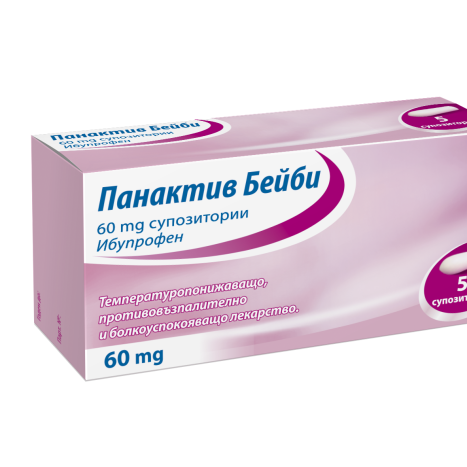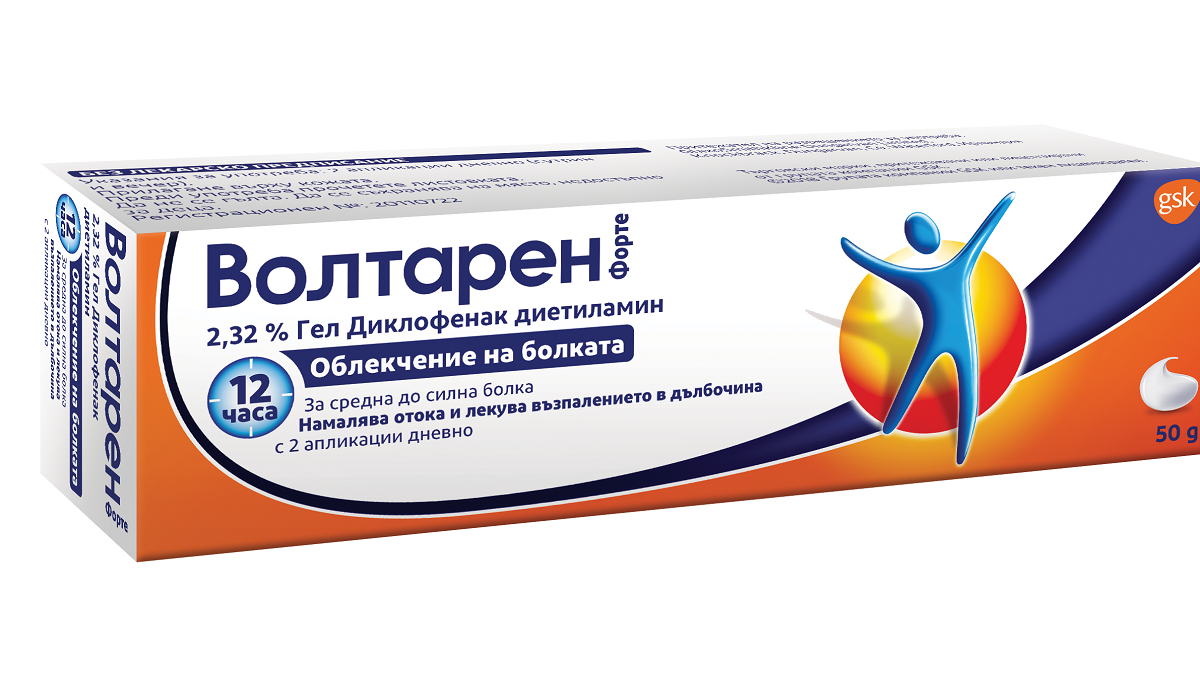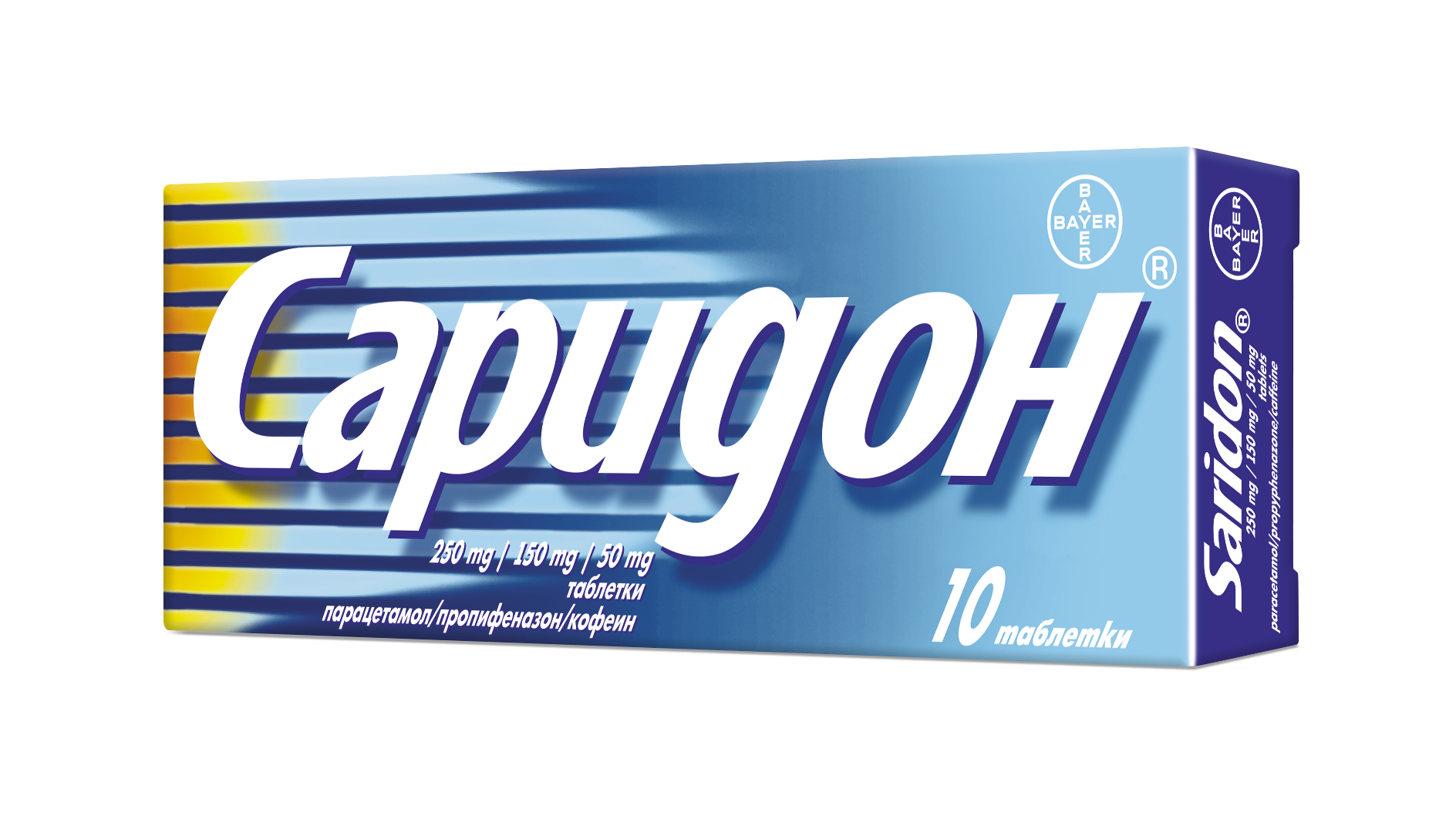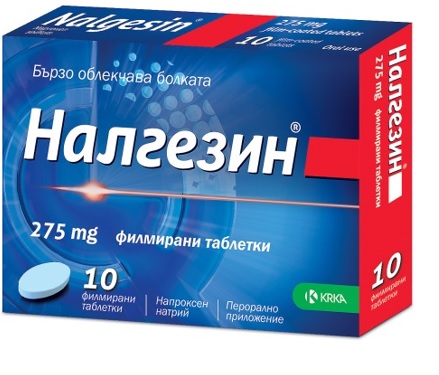PANACTIV Baby 60mg x 5 supp
Leaflet: patient information
Panactive Baby 60 mg suppositories
Ibuprofen
Panactiv Baby 60 mg suppositories
Ibuprofen
Read all of this leaflet carefully before your child or you start using this medicine, as it contains important information for you .
Always take this medicine exactly as described in this leaflet or as your child's doctor or your doctor or pharmacist has told you.
- Keep this leaflet. You may need to read it again.
- If you need further information or advice, ask your pharmacist.
- If your child or you get any side effects, tell your doctor or pharmacist. This includes any possible side effects not described in this leaflet. See point 4.
- Talk to your doctor:
- if your child is 3-5 months old and does not improve or gets worse after 24 hours, or
- if your child is over 6 months old and does not improve or gets worse after 3 days.
What this leaflet contains
- What Panactive Baby is and what it is used for
- What you should know before using Panaktiv Baby
- How to use Panactive Baby
- Possible side effects
- How to store Panactive Baby
- Package contents and additional information
1. What Panactive Baby is and what it is used for
The active ingredient in Panaktiv Baby is ibuprofen, which belongs to a group of drugs called non-steroidal anti-inflammatory drugs (NSAIDs). The drug has an analgesic, antipyretic and anti-inflammatory effect.
The medicine is intended for use in children for the short-term symptomatic treatment of mild to moderate pain and high fever.
Panaktiv Baby 60 mg suppositories is recommended for use when oral administration is not possible.
Panactive Baby 60 mg suppositories is indicated for children aged 3 months (from 6 kg body weight) to 2 years (12 kg body weight).
2. What you should know before using Panaktiv Baby
Do not use Panactive Baby or give it to your child :
- if you are allergic to ibuprofen or any of the other ingredients of this medicine (listed in section 6), or other non-steroidal anti-inflammatory drugs (NSAIDs);
- if you have ever had allergy symptoms in the past, such as runny nose, hives, swelling of the face, tongue, lips or throat, bronchospasm or asthma, after taking acetylsalicylic acid or other non-steroidal anti-inflammatory drugs;
- if you have had a stomach and/or duodenal ulcer with perforation or bleeding that occurred as a result of NSAID treatment;
- if you have (have had two or more episodes of) a stomach ulcer or bleeding;
- if you have severe liver failure, severe kidney failure or severe heart failure;
- if you simultaneously take other non-steroidal anti-inflammatory drugs, including COX-2 inhibitors (increased risk of side effects);
- if you have conditions involving an increased tendency to bleed (eg bleeding disorders, thrombocytopenia);
- if you have cerebrovascular or other active bleeding;
- if you are severely dehydrated (due to vomiting, diarrhea or insufficient fluid intake);
- do not use in children with an average weight of 6 kg or less (age up to 3 months).
Do not use products containing ibuprofen if you are a woman in the third trimester of pregnancy (see section "Pregnancy, breast-feeding and fertility").
Warnings and precautions
Talk to your doctor or pharmacist before using Panaktiv Baby.
Talk to your doctor or pharmacist if you have an infection - see the "Infections" heading below.
Adverse reactions may be reduced by using the minimum effective dose for the shortest period of time necessary to control symptoms.
Talk to your doctor before using or giving your child Panactive Baby if you have previously been diagnosed with:
- lupus erythematosus and mixed connective tissue disease;
- anorectal diseases;
- gastrointestinal diseases and chronic intestinal diseases (ulcerative colitis, Crohn's disease);
- arterial hypertension and/or heart problems;
- kidney function disorder;
- liver function disorder;
- blood clotting problems;
- active or bronchial asthma in the past, or symptoms of an allergic reaction (bronchospasm may occur as a result of taking the drug);
- - see the heading "Infections" below.
There is a risk of gastrointestinal bleeding, ulceration or perforation, which may be life-threatening and may not necessarily be preceded by warning symptoms, or may occur in patients who have had similar warning symptoms. In case of gastrointestinal bleeding or ulcer, the use of the drug should be stopped immediately. Patients with a history of gastrointestinal diseases should notify the doctor of any atypical symptoms of the digestive tract (especially bleeding), especially in the initial phase of treatment.
The simultaneous long-term use of various analgesics can lead to kidney damage with the risk of kidney failure (analgesic nephropathy).
Anti-inflammatory/analgesic drugs such as ibuprofen may be associated with a slightly increased risk of myocardial infarction or stroke, especially when used in high doses. Do not exceed the recommended dose or duration of treatment.
You should discuss your treatment with your doctor or pharmacist before taking Panaktiv Baby if:
- you have heart problems, including heart failure, angina (chest pain), or if you have had a heart attack, bypass surgery, peripheral artery disease (poor blood circulation in the legs or feet due to narrowed or blocked arteries) or any type of stroke ( including "mini-stroke" or transient ischemic attack "TIP").
- you have high blood pressure, diabetes, high cholesterol, have a family history of heart disease or stroke or if you are a smoker.
Skin reactions
Serious skin reactions have been reported in connection with treatment with Panactive Baby. You should stop taking Panactive Baby and seek medical help immediately if you develop a skin rash, mucous membrane lesions, blisters or other signs of allergy, as these may be the first signs of a very serious skin reaction. See point 4.
Stop using ibuprofen and contact a doctor immediately if you or your child develop any of the following symptoms (angioedema):
- swelling of the face, tongue, or throat;
- difficulty swallowing;
- hives and difficulty breathing.
Patients with systemic lupus erythematosus and mixed connective tissue disease may be at increased risk of aseptic meningitis.
Infections
Panactive Baby can hide the signs of infections, for example fever and pain. It is therefore possible that Panactive Baby may delay the appropriate treatment of the infection, which may lead to an increased risk of complications. This is seen in pneumonia caused by bacteria and bacterial skin infections associated with chicken pox. If you take this medicine while you have an infection and the symptoms of the infection persist or worsen, you should consult a doctor immediately.
Ibuprofen, the active substance of Panaktiv Baby, can temporarily suppress platelet function (platelet aggregation). Therefore, patients with bleeding disorders should be carefully monitored.
With long-term use of Panaktiv Baby, regular monitoring of liver enzymes, kidney function and blood count is required.
There is a risk of kidney damage in dehydrated children.
Headache, which may occur with long-term use of analgesics, should not be treated with higher doses of the product.
Single cases of toxic amblyopia (decreased visual acuity) have been reported during the use of ibuprofen, therefore any visual disturbances should be reported to a doctor.
Other medicines and Panactive Baby
You should tell your doctor or your child's doctor if you are taking, have recently taken or might take any other medicines.
Panactive Baby can affect or be affected by some other medicines. For example:
- analgesics, acetylsalicylic acid/aspirin or other nonsteroidal anti-inflammatory drugs;
- medicines that lower high blood pressure (ACE-inhibitors such as captopril, beta-blockers such as atenolol, angiotensin II receptor antagonists such as losartan);
- medicines that are anticoagulants (ie blood thinners/anti-clotting eg aspirin/acetylsalicylic acid, warfarin, ticlodipine);
- lithium or selective serotonin reuptake inhibitors - used for depression;
- methotrexate – used for certain types of cancer;
- corticosteroids - used for inflammatory conditions;
- cyclosporine - drugs that suppress the immune system;
- cardiac glycosides (eg digoxin) - medicines for heart problems;
- tacrolimus - drugs that suppress the immune system;
- mifepristone - used for medical termination of pregnancy;
- zidovudine or ritonavir - used for HIV or AIDS;
- quinolone antibiotics or aminoglycosides - antibiotics against infections;
- voriconazole or fluconazole - used for fungal infections;
- probenecid or sulfinpyrazone - medicines to treat gout;
- oral antidiabetic agents - used against diabetes mellitus;
- cholestyramine - used to lower cholesterol;
- phenytoin – used against epilepsy;
- baclofen – used against skeletal muscle spasms.
Some other medicines can also affect or be affected by treatment with Panactive Baby. Therefore, you should always consult your doctor or pharmacist before using Panaktiv Baby with other medicines.
Pregnancy, lactation and fertility
During pregnancy or breastfeeding, in case of suspected or planned pregnancy, ask your doctor or pharmacist before using this medicine.
Pregnancy
The use of this medicine is not recommended during the first 6 months of pregnancy. During the last 3 months of pregnancy, the use of the drug is prohibited due to the increased risk of complications for the mother and the child during the perinatal period.
Breastfeeding
Ibuprofen can pass into breast milk in small amounts. There are no known cases of adverse reactions in infants. It is not necessary to interrupt breast-feeding during short-term treatment with ibuprofen in doses used to treat pain and fever.
Fertility
The drug belongs to the group of drugs (non-steroidal anti-inflammatory drugs) that can negatively affect fertility in women. The effect is transient and subsides after the end of the treatment.
Driving and using machines
Ibuprofen can make you feel dizzy or light-headed. If this happens, do not drive or use tools or machines. Don't do anything that requires extra attention.
3. How to use Panactive Baby
Always take this medicine exactly as described in this leaflet or as your doctor or pharmacist has told you.
For rectal use.
Do not use in children under 3 months of age.
Do not use in children weighing less than 6 kg.
Do not exceed the maximum daily doses.
The lowest effective dose should be used for the shortest time necessary to relieve symptoms. If you have an infection, consult a doctor immediately if symptoms (eg fever and pain) persist or worsen (see point 2).
The maximum daily dose of ibuprofen is 20-30 mg/kg of body weight, divided into 3 to 4 single doses. A single dose should not exceed 10 mg/kg body weight.
Age (body weight) | Single dose | Daily dose |
from 3 to 9 months (from 6 to 8 kilograms) | 1 suppository of 60 mg | 3 times a day, every 6-8 hours. Do not use more than 3 suppositories daily. |
9 months to 2 years (from 8 to 12 kg) | 1 suppository of 60 mg | 4 times a day, every 6 hours. Do not use more than 4 suppositories daily. |
If the drug is administered to children aged 3-5 months, medical help should be sought if symptoms worsen or do not improve within 24 hours.
In case the drug is administered to children older than 6 months, a doctor should be consulted if it is necessary to administer the drug for more than 3 days or the symptoms worsen.
The medicinal product is intended for short-term use.
Use of Panactive Baby in patients with kidney and/or liver disorders
If your child or you have mild to moderate kidney and/or liver failure, the dose should be the lowest possible.
The use of ibuprofen is not recommended in people with severe renal or hepatic insufficiency.
If you have taken more than the required dose of Panaktiv Baby
If you have taken more Panactive Baby than you should, or if children have accidentally used this medicine, always talk to a doctor or contact your nearest hospital for an opinion on the risk and advice on what to do.
Cases of overdose are rare.
Most patients may experience:
- nausea, vomiting, upper abdominal pain, or diarrhea;
- tinnitus, headache, and bleeding from the stomach or intestines.
Severe poisoning affects the central nervous system and is expressed in the form of:
- agitation, disorientation or coma (very rare);
- convulsions (very rare).
In case of severe poisoning, the following may occur:
- metabolic acidosis - symptoms may include nausea, stomach pain vomiting (there may be streaks of blood), headache, tinnitus, confusion and eye twitching. Drowsiness, chest pain, palpitations, loss of consciousness, seizures (mainly in children), weakness and dizziness, blood in the urine, feeling cold, and breathing problems have been reported in high doses;
- increased prothrombin / INR time;
- acute kidney failure or liver damage;
- exacerbation of asthmatic symptoms in patients with bronchial asthma.
There is no specific antidote. Treatment is symptomatic and supportive.
If you forget to use Panactive Baby
Do not take a double dose to make up for a missed dose.
4. Possible side effects
Like all medicines, this medicine can cause side effects, although not everybody gets them.
Panactive Baby is generally well tolerated. The following side effects have been observed during short-term use of ibuprofen, at doses available without a doctor's prescription:
Uncommon (may affect up to 1 in 100 people)
- heartburn, abdominal pain, malaise, gas, local irritation of the anus;
- disorders of the central nervous system, such as headaches, dizziness, insomnia, drowsiness, agitation, irritability and exhaustion;
- hypersensitivity reactions with skin eruptions;
- and itching (pruritus);
- various skin rashes;
- visual disturbances.
Rare (may affect up to 1 in 1,000 people)
- diarrhea, flatulence, constipation, vomiting;
- ringing in the ears (tinnitus), vertigo.
Very rare (may affect up to 1 in 10,000 people)
- in patients with an existing autoimmune disease (systemic lupus erythematosus, mixed connective tissue disease) isolated cases of aseptic meningitis symptoms with stiff neck, headache, nausea, vomiting, fever and disorientation have been observed during treatment with ibuprofen;
- disorders observed in the parameters of the blood picture (anemia, leukopenia - a decrease in the number of white blood cells, thrombocytopenia - a decrease in the number of platelets, pancytopenia - a hematological disorder representing a deficiency of all normal blood elements: erythrocytes, leukocytes and platelets, agranulocytosis – decrease in the number of granulocytes). Initial symptoms are: fever, sore throat, superficial ulceration of the lining of the mouth, flu-like symptoms, exhaustion and bleeding (eg bruising, hematoma, purpura and nosebleeds);
- severe hypersensitivity reactions manifested by swelling of the face, larynx and tongue, shortness of breath, tachycardia - heart rhythm disorder, hypotension - low blood pressure, shock;
- asthma, worsening of asthma, bronchospasm, shortness of breath, wheezing;
- edema, palpitations, hypertension, heart failure (associated with the use of high doses of NSAIDs), vasculitis;
- gastric and (or) duodenal ulcer may occur, with or without bleeding, sometimes fatal, especially in the elderly, as well as perforation, ulcerative oral mucositis, gastritis, ulceration of the oral mucosa;
- exacerbation of colitis and Crohn's disease;
- liver function disorders, liver damage and severe inflammation of the liver, especially during long-term use of ibuprofen, liver failure, jaundice;
- severe hypersensitivity reactions, including erythema multiforme, Stevens-Johnson syndrome and toxic epidermal necrolysis (manifested by rash with redness or blisters, peeling skin, ulcers in the mouth, throat, nose, genitals and conjunctivitis), serious skin infections in chicken pox. Immediately stop using the drug and see a doctor at the first signs of skin reactions;
- kidney disorders, which may result in passing less or more urine than normal, cloudy urine, blood in the urine, back pain or swelling (especially in the legs). Increased concentration of urea in the blood, renal failure, nephritic syndrome, interstitial nephritis, possibly accompanied by severe renal failure. In general, the habitual use of (several types of) analgesics can rarely lead to long-term kidney problems;
- decreased levels of hematocrit and hemoglobin in the results of laboratory tests;
- psychotic reactions and depression.
Not known (frequency cannot be estimated from the available data):
- a severe skin reaction known as DRESS syndrome may occur. Symptoms of DRESS include: skin rash, fever, swollen lymph nodes, and an increase in the number of eosinophils (a type of white blood cell);
- a red, scaly rash with bumps under the skin and blisters, mainly in the area of skin folds, torso and upper limbs, accompanied by a fever at the start of treatment (acute generalized exanthematous pustulosis). Stop using Panactive Baby if you experience these symptoms and seek medical help immediately. See also point 2.
Medicines such as Panactive Baby may be associated with a slightly increased risk of heart attack ("myocardial infarction") or stroke.
Reporting adverse reactions
If you get any side effects, tell your doctor or pharmacist. This includes all possible side effects not described in this leaflet. You can also report side effects directly via
Medicines Executive Agency
8 Damyan Gruev St
1303 Sofia
Phone: +35 928903417
website: www.bda.bg
By reporting side effects, you can contribute to getting more information about the safety of this medicine.
5. How to store Panaktiv Baby
Keep out of the reach of children.
Do not store above 25ºC. Store in the original package in order to protect from light.
Do not use this medicine after the expiry date which is stated on the carton after "Good by:". The expiration date corresponds to the last day of the specified month.
Do not dispose of medicines down the drain or in the household waste container. Ask your pharmacist how to dispose of medicines you no longer use. These measures will help protect the environment.
6. Contents of the package and additional information
What Panactive Baby contains
The active substance is ibuprofen. Each suppository contains 60 mg of ibuprofen.
Excipients are solid fats.
What Panaktiv Baby looks like and what it contains
Panactive Baby is in the form of a white or almost white torpedo-shaped suppository with a smooth and undamaged surface.
Suppositories are packed in PVC/PE blisters. The cardboard box contains 5 or 10 suppositories.
Marketing Authorization Holder and Manufacturer
License holder
Pharmaceutical Works POLPHARMA SA
19 Pelplińska Street
83-200 Starogard Gdański
Poland
Manufacturer
FARMINA Sp. z o. o
Zakład w Myślenicach
street Cegielskiego 2,
32-400 Myślenice
Poland
This medicinal product is authorized for use in the Member States of the EEA under the following names:
Bulgaria: Panaktiv Baby 60 mg suppositories
Latvia: Ibugard 60 mg suppositories
Lithuania: Ibugard 60 mg suppositories
Date of last revision of leaflet :









